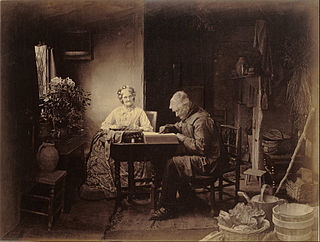A Quote by Charles Scott Sherrington
If we denote excitation as an end-effect by the sign plus (+), and inhibition as end-effect by the sign minus (-), such a reflex as the scratch-reflex can be termed a reflex of double-sign, for it develops excitatory end-effect and then inhibitory end-effect even during the duration of the exciting stimulus.
Related Quotes
Thought reflexes get conditioned very strongly, and they are very hard to change. And the also interfere. A reflex may connect to the endorphins and produce an impulse to hold that whole pattern forther. In other words, it produces a defensive reflex. Not merely is it stuck because it's chemically so well built up, but also there is a defensive reflex which defends against evidence which might weaken it. Thus it all happens, one reflex after another after another. It's just a vast system of reflexes. And they form a 'structure' as they get more rigid.
Tragedy is an imitation not only of a complete action, but of events inspiring fear and pity. Such an effect is best produced when the events come on us by surprise; and the effect is heightened when, at the same time, they follow as cause and effect. The tragic wonder will then be great than if they happened of themselves or by accident; for even coincidences are most striking when they have an air of design.
One should not wrongly reify 'cause' and 'effect,' as the natural scientists do (and whoever, like them, now 'naturalizes' in his thinking), according to the prevailing mechanical doltishness which makes the cause press and push until it 'effects' its end; one should use 'cause' and 'effect' only as pure concepts, that is to say, as conventional fictions for the purpose of designation and communication-not for explanation.





































